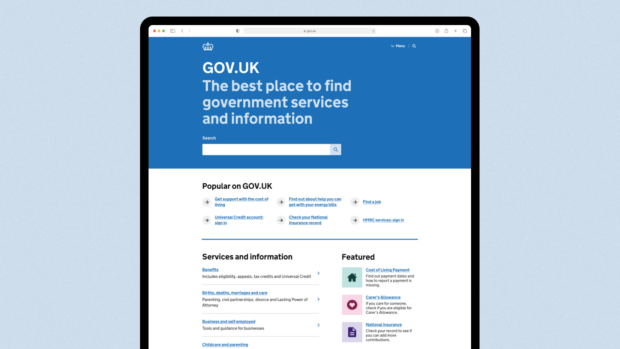Last week’s local elections saw a swing to the Conservatives, with a few successes for Labour in the city mayoral polls. But, if the political landscape has shifted, David Walker says it remains to be seen if local government tech will move beyond business as usual.
Last week’s local elections may not signal a boost for digital, but could suggest an endorsement of austerity – Photo credit: PA
The people have spoken – or at least a relatively small proportion of them have. In the West Midlands, 26% turned out to vote for a new mayor, a typical proportion for the metro mayor elections.
But what they said isn’t so easy to fathom: something about Brexit, approbation for Theresa May or distrust of Labour; but nothing intelligible about local services, their cost and how they are delivered.
Handing extra seats to the Tories could sound like an endorsement of austerity, although in Scotland the Scottish Nationalists also gained council seats and they are in favour of spending (though not yet funding it from increased Scottish taxation).
The implicit message – some might say – is to go faster on digital and service transformation.
Related content
Election 2017: Party manifestos urged to focus on IT systems for Brexit and championing digital leadership
TechUK: City mayors should commit to making digital the ‘new norm’
‘A symbolic moment has passed’: Prospective city mayors have missed the chance to champion tech
Last week’s results boost the Tories’ general election chances, and so will increase financial pressure on local government because May is committed to an ongoing squeeze on budgets.
If austerity is a driver of tech innovation and service restructuring, the argument goes that the election results must fuel the burning platform that – at least in theory – is pushing councils and combined authorities to re-engineer services, exploit data analytics and push even more of the relationship between citizen and local authority online.
Most local areas already have some sort of digital strategy, although some of them now quite old and few election manifestoes mentioned them. That’s because they exist at a sub-political level – there’s broad agreement between the parties provided that they don’t cost a lot.
Besides, most of the detail is left up to council officers and, in many cases, to contractors.
Take Northumberland. There Labour’s big losses leave the Tories as the largest party but the council in no overall control. The county IT strategy will remain in place, with its somewhat creaky promises of broadband roll out, teleconferencing and hot-desking to promote mobile working.
The new county leaders, however, are likely to find themselves preoccupied with budgets – Northumberland faced a real terms cut of 28% between 2009-10 and 2016-17. And the northern Conservatives will face the problem that formulae for assessing ‘needs’ and the government’s plan for council finances were devised with the south of England in mind.
Elsewhere, it’s hard to see the results making much difference to the dynamics of outsourcing or the variable enthusiasm for change in different places.
For instance, Glasgow’s digital journey started under Labour’s Gordon Matheson, who has been replaced by the SNP’s Susan Aitken. She will probably depend on Green Party councillors for a majority; but what’s their take on technology or outsourcing?
Mayoral time will be at a premium
Meanwhile, Andy Street’s victory in the West Midlands might be taken as evidence that the Tory gains are good for tech.
His former company, John Lewis, are enthusiastic backers of government IT initiatives. Street’s manifesto went big on innovation to keep up with customers and the “power of digital technologies” in manufacturing, construction, transport and public services. ‘
“The mayor needs to lead the charge to bring the digital skills and the digital jobs to the West Midlands,” he said, promising to make the region world leading in open data, and reforming public services.
But the Tory mayoral agenda in the West Midlands isn’t all that different to what Labour’s Andy Burnham set out for Greater Manchester. Or Steve Rotheram’s plans for Merseyside.
The formula is much the same, covering city centre Wi-Fi, faster broadband, support for start-ups, digital inclusiveness and tech skills.
London mayor Sadiq Khan has already reached out to his new buddies claiming “city government can be nimble, proactive, better connected to the people we represent and quicker at adapting to the latest technology and techniques”.
It’s not especially partisan. Tim Bowles, the Tory who won the West of England mayor contest did not spell out his plans but you can easily imagine he’d sign up, too – the local authority where he has been an elected member, South Gloucestershire, is up to speed on the digital front.
More important, then, is whether the new mayors will move beyond the fine words and put some oomph behind data and digital agenda.
The IPPR think tank says that would involve breaking down silos and banging heads together. But in the West Midlands, Street answers to a committee of council leaders, most of whom are Labour; bipartisanship may be at a premium.
And the new mayors have plenty of other fish to fry. Advocates of transport and housing are likely to be well ahead of tech in the queue for mayoral time and money – which is pretty limited – so the question remains when, and how quickly, the new mayors will act out their digital agendas.



